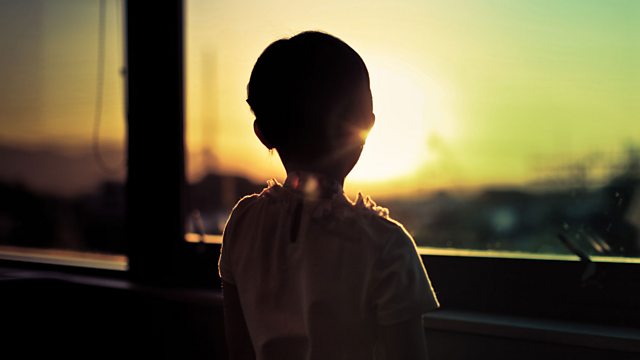'The process of becoming a Christian is described as one of adoption'. Elizabeth Oldfield - 04/10/16
Thought for the Day
Good morning
A government report released last week has revealed that the number of adoptions has fallen by 12%, compared to the previous year, and the decline is expected to continue next year. This decrease appears to be linked to confusion around the interpretation of a high court judgement which indicated that adoption should be only “a last resort”.
Permanently removing a child from their family is, and should always be, an extremely careful decision. Few things are weightier or require more sensitivity. But in many cases adoption represents the best chance a child has of a stable, loving home.
This issue in particular is one that sits really close to the heart of the Christian theological tradition, for two slightly different reasons.
One is a reasonably well known concern, throughout the Old Testament, with justice for the marginalised, most often expressed as "the widow and the orphan". These two groups were the most powerless in ancient near eastern societies, most vulnerable to oppression and exploitation, and least able to speak up for themselves. Though many of those in need of adoption today are not orphans, but rather from families unwilling or unable to care for them, they certainly meet these criteria. The God portrayed in the Hebrew bible speaks of himself as "the father of the fatherless" and "the protector of ...orphans".
Less well known is that the concept of adoption specifically is woven through the New Testament. In our society, adoption is sometimes seen as a second best way to make a family. It certainly comes with its challenges, and requires high levels of commitment and support. It is, however, theologically God's first choice. The process of becoming a Christian is described as one of adoption - an invitation to be part of a family we don't belong to by default, but are welcomed into with open arms.
Despite some family values rhetoric, the Bible doesn't present a romanticised view of the biological, nuclear family. The family of God is instead messy, diverse, often difficult, but a place to belong for everyone, whatever they have been through or done. However wounded you are, however much baggage you bring, you get full inheritance rights.
This is part of the reason behind the drive in recent years for more churches to get involved in practical out workings of this idea. They are increasingly providing networks of support for families in crisis, and fostering and adopting some of the tens of thousands of children currently in care. Let's hope they, and others, continue to be able to.
Duration:
This clip is from
More clips from Thought for the Day
-
![]()
Rev Lucy Winkett - 18/04/2024
Duration: 02:55
-
![]()
Professor Mona Siddiqui - 17/04/2024
Duration: 02:59
-
![]()
Vishvapani - 16/04/2024
Duration: 03:06
-
![]()
Bishop James Jones - 15/04/2024
Duration: 02:52






